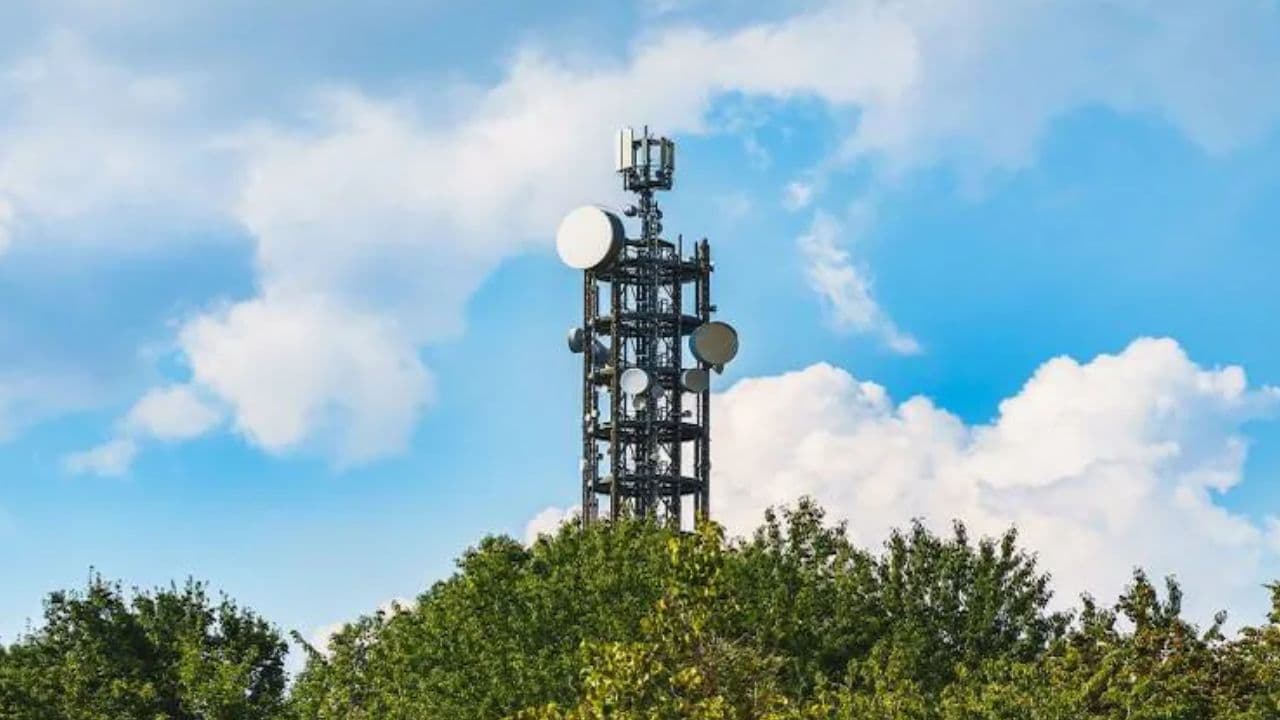By Aihik Sur
An influential trade body which represents Big Tech firms such as Meta, Apple, Amazon, X (formerly Twitter), Google, Snap Inc and others on December 22 requested clarification on a bill that grants extensive powers to regulate the telecom sector. The body wants assurance that the bill will not encompass Over the top applications and internet services.
The bill was passed in the Rajya Sabha on December 21, and after it receives the President’s await, it will become a law.
This ask for clarity is in line with concerns shared by global tech giant Meta in an internal email, where its policy head in India pointed out that the broad definitions the Telecommunications Bill 2023 can bring OTT applications under the ambit of the law.
Encrypted messaging platform such as Signal also sent a letter (as part of a larger group), to Minister for Communications Ashwini Vaishnaw on December 21, on how the bill can pose to be a threat to end-to-end encryption.
In a statement on December 22, trade body Asia Internet Coalition (AIC) said, “As we understand that it is not the intent of the Government to include OTTs and online application services in the scope of the Telecom Bill, we request for additional clarity around the definitions of terms such as “message” and “telecommunications” so that these are not misinterpreted to include internet services.”
AIC’s other members include LinkedIn, Spotify, Rakuten, Shopify, Booking.com and others.
“The exclusion of OTTs from the bill reinforces a supportive policy environment essential for India’s strong digital growth and we urge the Government to continue to adopt a balanced and consultative approach in developing regulations that promote innovation, protect user rights, and align with global best practices,” the statement added.
Bone of contention
The latest version of the bill defines “Telecommunication” as the transmission, emission, or reception of messages through various systems. “Message” includes signs, signals, writing, text, images, sounds, videos, data streams, intelligence, or information sent through telecommunication.
Some experts argue that online communication platforms like WhatsApp, Gmail, and Signal, which involve the transmission of messages over optical or electromagnetic systems, could potentially be subject to the bill’s regulatory framework.
The bill also grants the government the authority to intercept and disclose messages in “intelligible format” in cases of public emergency or for public safety.
This power to set encryption standards and disclose messages in “intelligible format” could pose a threat to encrypted platforms like WhatsApp or Signal if they fall under the scope of the bill. However, government sources have clarified that Over-the-Top (OTT) services are not intended to be covered by the proposed law.
